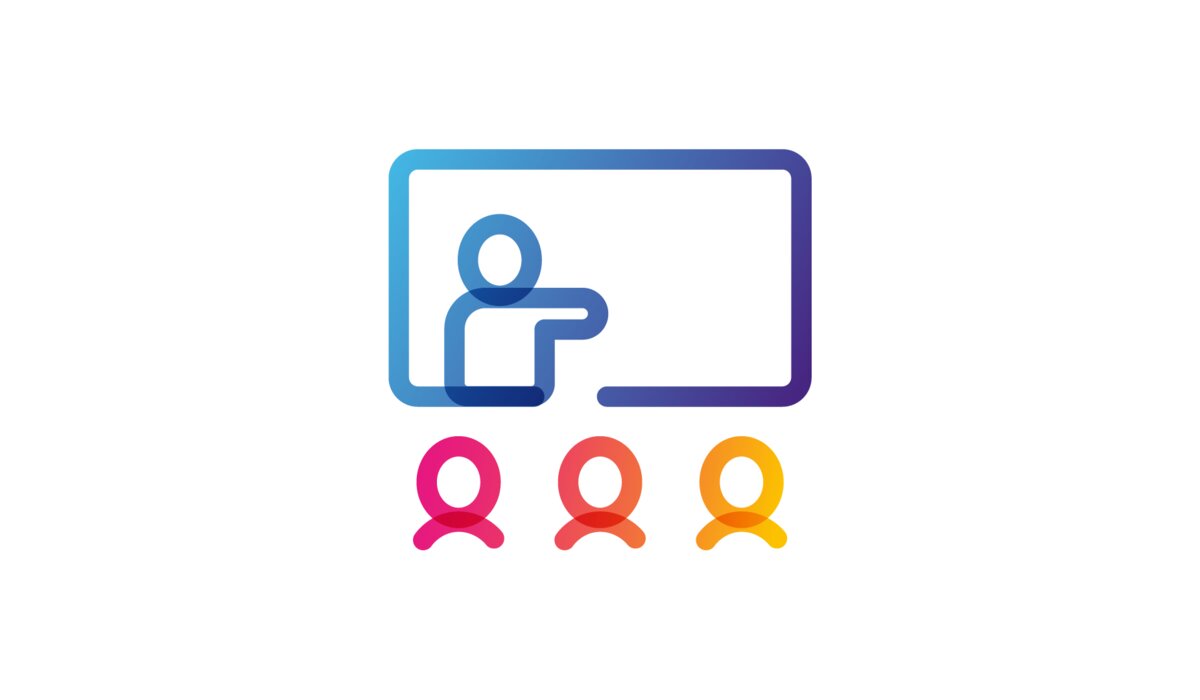The Diagnostic Interview for Social and Communication Disorders (DISCO) was developed for use at The Centre for Social and Communication Disorders, now known as the National Diagnostic and Assessment Service, by Dr Lorna Wing and Dr Judith Gould, as both a clinical and a research instrument for use with children and adults of any age.
There are no specific physical or psychological tests for autism spectrum disorders. In order to recognise and identify the impairments of social interaction, social communication and social imagination together with the associated repetitive behaviours, and all the other features that can be found in autistic disorder, information must be collected in a systematic way. This is achieved by using the DISCO, a detailed, semi-structured interview.
Its special value is that it collects information concerning all aspects of each individual’s skills, difficulties and untypical behaviour, not just the features of autism spectrum disorder. Where possible, information concerning the individual’s history in infancy and childhood should be collected from an informant who has known the person concerned from birth. However, for an adult, when there is no informant available to give an early history, the items of the schedule can be completed for current skills, difficulties and untypical behaviour.
If no developmental history is available, a diagnosis can be made using the information gathered from the DISCO which allows the experienced clinician to use their clinical judgement to make a working diagnosis in order to plan a management programme.
Since the DISCO was designed, a small number of other schedules for the diagnosis of autistic disorders have become available. The DISCO has certain important advantages as follows.
The DISCO is designed to elicit a picture of the whole individual through the story of their development and behaviour. In clinical work, the primary purpose is to facilitate understanding of the pattern over time of the specific skills and impairments that underlie the overt behaviour. As mentioned above, sometimes no informant is available. When this is the case, the clinician has to obtain as much information as possible concerning the details of current skills and pattern of behaviour of the individual. This type of dimensional approach to clinical description is far more useful for prescribing how to help each individual than is assigning a diagnostic category. The dimensional approach is fundamental to the DISCO in contrast to other diagnostic schedules.
The findings from the DISCO are relevant and helpful for children and adults of any age, for any level of ability and for any manifestation of the autism spectrum from the most obvious to the most subtle. It can also assist in identifying conditions often associated with the spectrum, such as ADHD, tics, dyspraxia and catatonia-like disorders.
For research, it has been adapted so that different diagnostic systems can be applied and compared. It is also useful for examining the patterns of clinical features and their significance for present behaviour and future prognosis.
It is also important to note that DISCO training courses are designed not only to teach how to use the schedule but also to increase understanding of the nature of autistic disorders and the wide variation in the ways they can be manifested.
As emphasised in the section on its history, the DISCO should be used in conjunction with psychological assessment, observation and any other sources of reliable information.
What is The DISCO?
The DISCO was developed for use at the National Diagnostic and Assessment Service, by Dr Lorna Wing and Dr Judith Gould, as both a clinical and a research instrument for use with children and adults of any age. Find out more.
What can The DISCO provide?
- Supports clinical formulation and is recognised by NICE guidelines
- Assists with differential diagnosis of neurodevelopmental conditions
- Assesses complex case presentations
- Can be adapted for different clinical settings
- Provides an individual profile of autism and helps identify needs.
Find out more
Who is the training for?
- Psychologists, psychiatrists, paediatricians, speech and language therapists and other professionals working in mental health and forensic areas of clinical practice
- A minimum of three years post qualification experience is essential
- A wide knowledge and experience of autism spectrum disorders (ASD).
What does the training involve?
- A venue in the UK - currently not virtual
- 4 day training course over 2 stages (2 days per stage)
- Prior to attending stage 1, participants must familiarise themselves with The DISCO manual
- You will be sent The DISCO manual and on the day you will receive a training handbook which sets out the accreditation standards
- Interim coursework, which involves undertaking a The DISCO assessment and preparing a case study report in between stages 1 and 2. This may require you to book study leave to undertake the assessment and write up the case study. Your case study will be evaluated as part of the accreditation process. Completion of this case study is mandatory to return for stage 2
- A core part of training requires structured practice in groups at stage 1 and 2. This involves conducting a clinical interview using The DISCO and is a key component of the training (days 2 and 3 of training).

